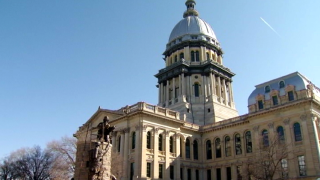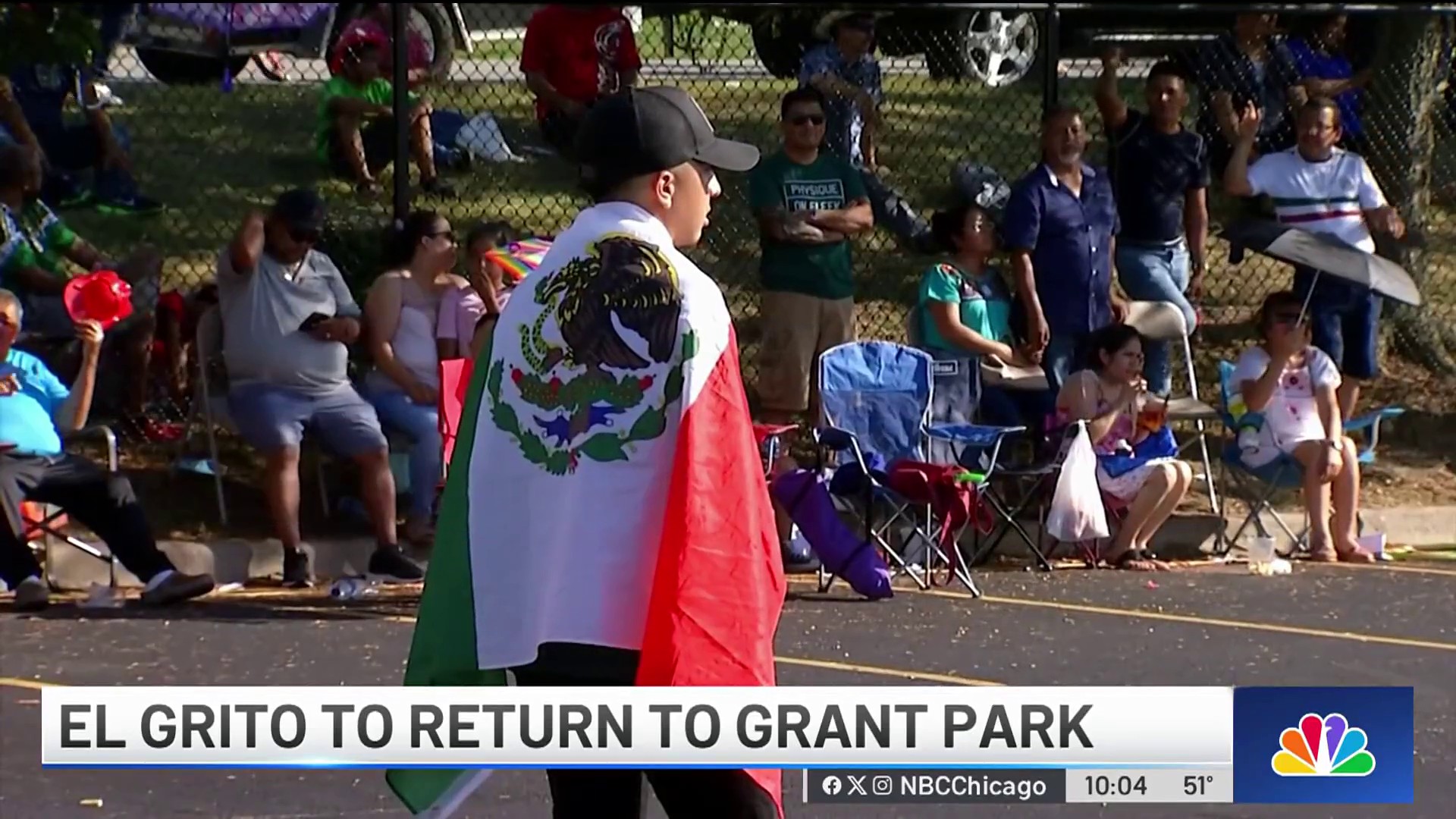
Illinois business and labor groups have agreed on a plan to erase a $1.8 billion debt, generated by the wrenching COVID-19 pandemic, in the account that covers unemployment benefits, state officials said Tuesday.
The deal leans on surplus funds in the state budget, Gov. J.B. Pritzker said at a Capitol news conference. It will pay off the $1.36 billion owed to the federal government, which loaned money to Illinois and numerous other states when the coronavirus shut down businesses nationwide.
Another $450 million will be packaged as an interest-free loan that unemployment taxes on businesses will repay over the next 10 years. As businesses pay that back, money will be deposited into the state's rainy day fund to help ensure stability during an economic downturn, a particular interest of Pritzker's.
“Resolution of this matter alleviates a burden looming over the heads of workers and businesses alike,” the Democratic governor said. “We’ve restored our unemployment system to good working order after the most serious economic downturn since the Great Depression.”
Surplus funds, bolstered by a dropping unemployment rate — 4.1% in October — were used in September as well, when Pritzker transferred $450 million into the Unemployment Insurance Trust Fund to reduce the deficit, promising to erase the bill by year's end.
Legislative action on the framework of the agreement should occur this week during the final days of the General Assembly’s fall session.
The spread of COVID-19 in the spring of 2020 shuttered Main Street and sent jobless rates to heights not seen in 40 years. Illinois ran up a debt of $4.5 billion for unemployment benefits as a result.
Local
Democrats who control the General Assembly agreed to use federal pandemic-relief money to reduce that deficit by $2.7 billion last spring. Republicans urged that the federal money pay off the whole bill to spare businesses from having to pay the taxes.
But Rob Karr, president and CEO of the Illinois Retail Merchants Association, who also represents a handful of other business interests, said that the deal will save businesses $900 million in taxes they would have otherwise had to put up during the next five years.
Feeling out of the loop? We'll catch you up on the Chicago news you need to know. Sign up for the weekly Chicago Catch-Up newsletter here.
“Following years of disruption and other challenges, it would have been an added burden many employers would have been unable to bear,” he said.
The agreement also improves solvency of the system by increasing the target fund balance from $1 billion to $1.75 billion, the first increase since 2006, said Pat Devaney, secretary-treasurer of the Illinois AFL-CIO. In the fluid system, business taxes increase when the balance falls below the target and decrease when it's above.
And the amount of an employee's wages which may be taxed for unemployment insurance would be increased. Employers currently pay taxes on up to $12,600 in wages, but that base will increase 2.4% annually for five years, Devaney said.
“All the modeling that I have seen under this proposal shows positive balances that will help us endure even if we enter a recession in the near future or down the road,” Devaney said.
Republicans made a rare appearance at a Pritzker news conference. Sen. Sue Rezin of Morris and Rep. Mike Marron of Fithian represented the GOP in negotiations.
“Everybody stuck with it and as a result we had a really good product put on the table that will protect the workers of Illinois, and be good for business in Illinois,” Marron said. “And that's how it's done.”
___
Follow Political Writer John O’Connor at https://twitter.com/apoconnor



